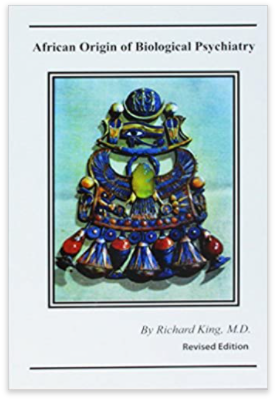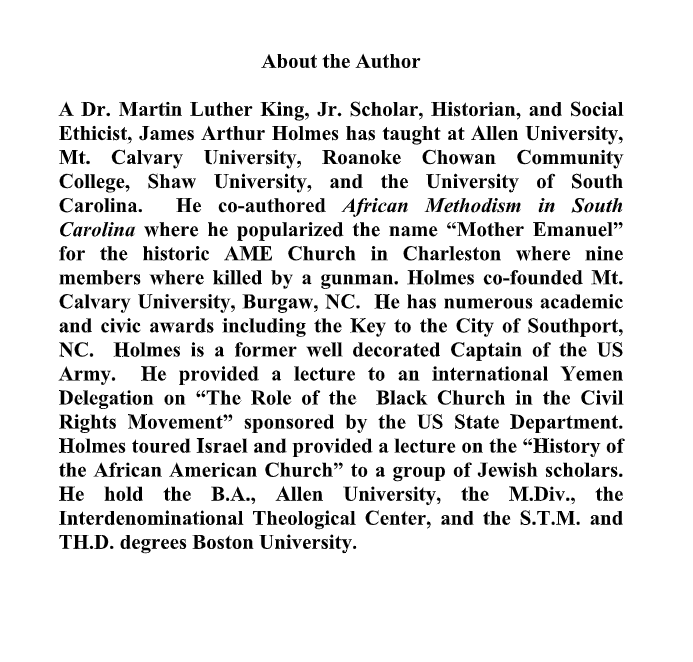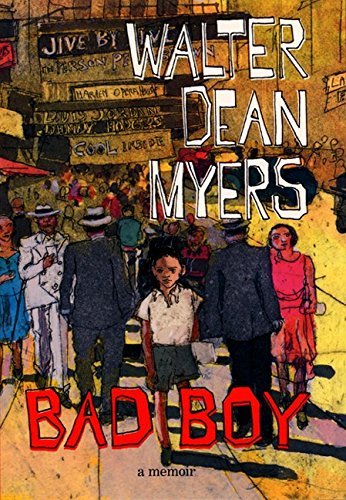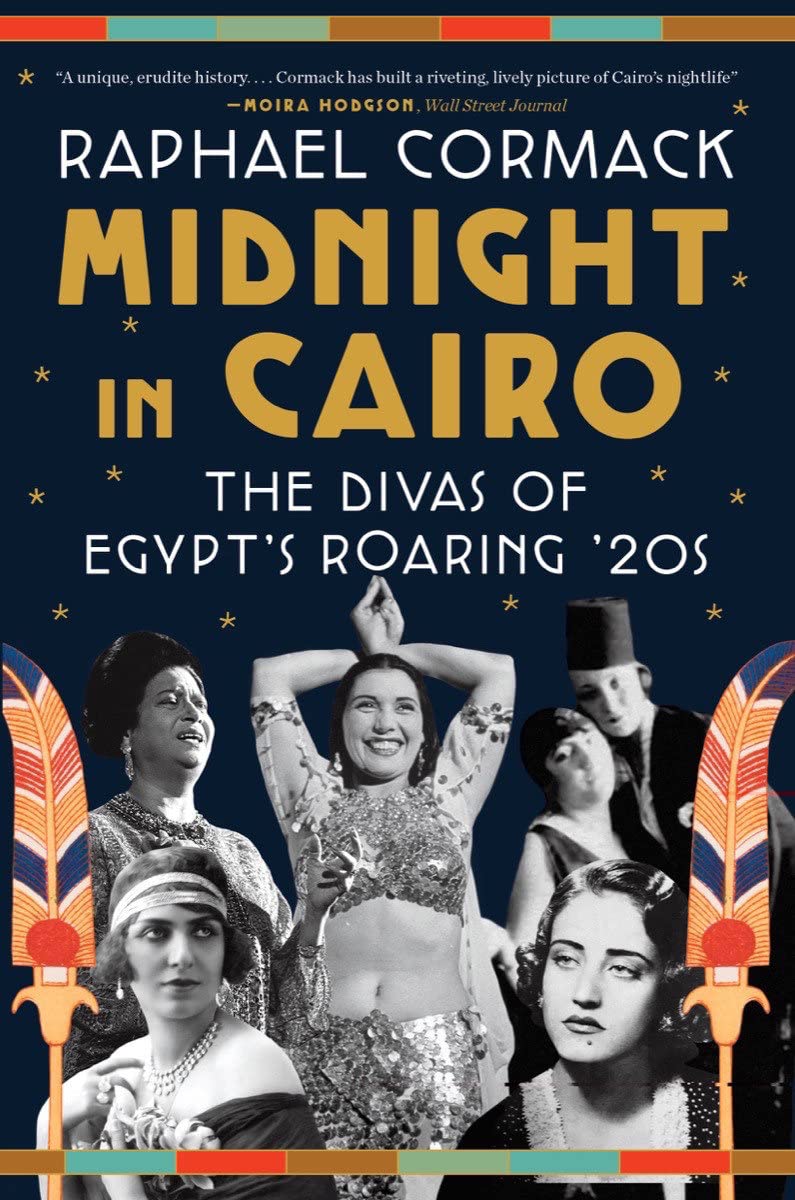"If you want to be a singer, you've got to concentrate on it 24 hours a day. You can't be a well driller, too. You've got to concentrate on the business of entertaining and writing songs. Always think different from the next person. Don't ever do a song as you heard somebody else do it." (Otis Redding)
A lot of ink has been spilled covering the lives of history's most influential figures, but how much of the forest is lost for the trees? In Charles River Editors' American Legends series, listeners can get caught up to speed on the lives of America's most important men and women in the time it takes to finish a commute, while learning interesting facts long forgotten or never known.
At a time when the studios of Motown were turning out one sophisticated, well-groomed artist after another, reinforced by the latest studio technology and benefitting from a powerful marketing system, a parallel industry of more traditionally grounded soul music was also thriving, much of it in the city of Memphis, as represented by artists such as Otis Redding and Stax Records, the label with which Redding would eventually create six studio albums, 30 singles, worldwide fame, and a stellar musical legacy.
To some the Stax Records model may have lagged behind Motown in terms of modernity, with its adherence to older musical and technological modes, but in actuality Otis Redding and his musical circle represented a preservation movement of sorts and "exemplified to many listeners the power of Southern 'deep soul' - hoarse, gritty vocals, brassy arrangements, and an emotional way with both party tunes and aching ballads". Such was the perfect conduit for an artist like Otis Redding, who felt compelled by the lifelong urge to sing, years before his dreams of a professional life would ever be realized.
















